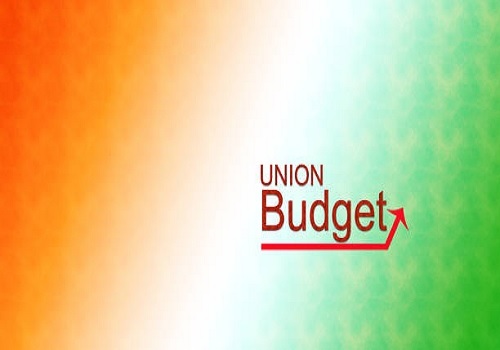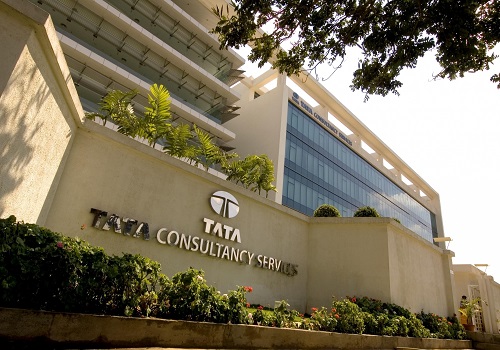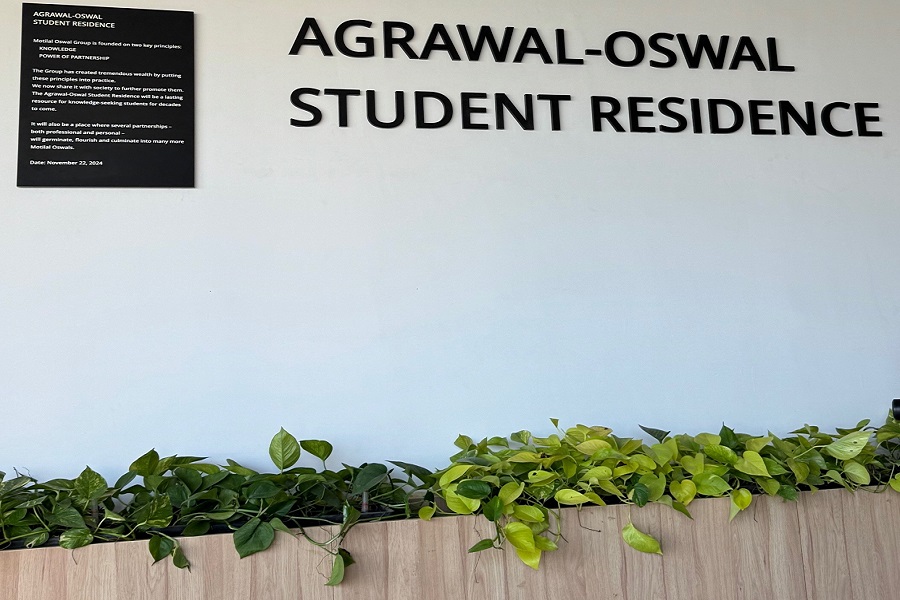India’s B2B2C mental health market likely to reach $3.9 billion by FY29

Driven by the rise in digital adoption, the enterprise-driven business-to-business-to-consumer (B2B2C) mental health market in India is projected to reach approximately $3.9 billion by FY29, with demand expected to grow 1.7 times in the coming years, according to a new report.
Corporate and educational segments are leading this shift, recognising the critical role of mental health in productivity and educational success, according to the report from market research firm Redseer.
“Currently, over 200 million people in India face mental health conditions, yet only 10-15 per cent seek professional help. The gap highlights the need for scalable, accessible solutions — a need that is being met with innovative, digital-first approaches,” said Jasbir Juneja from Redseer.
To address the wide-ranging needs of India’s mental health market, B2C services have been steadily growing. The B2C is projected to expand 1.4 times by FY29, driven by heightened awareness, particularly among parents concerned about neurodevelopmental disorders, which affect brain development and function.
With around 2.9 to 3.2 million children affected by these conditions, offline counselling and neurodevelopment centres are expected to play a crucial role in the future, Juneja noted.
In the educational sector, institutions are integrating social-emotional learning (SEL) programmes aimed at building empathy, self-awareness, and interpersonal skills in students.
“The SEL segment within educational institutions is expected to grow at a CAGR of 16 per cent from FY24 to FY29, reflecting a rising commitment to mental health awareness in schools and colleges,” the report noted.
Nearly 15 per cent of the Indian population faces mental health conditions, from anxiety to neuro-developmental disorders, creating substantial economic impacts.
The WHO estimates a potential productivity loss of $1 trillion globally every year due to untreated mental health conditions.
As per the National Health and Morbidity Survey, India has a 70-90 per cent treatment gap for various disorders, with only 0.9 psychiatrists and psychologists per 100,000 people in 2023, based on Redseer’s estimate.
“However, the government’s recent initiatives, such as the National Tele Mental Health Programme, are helping bridge this gap, handling over 1.45 million calls through Tele MANAS by 2024,” said the report.






















